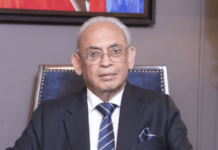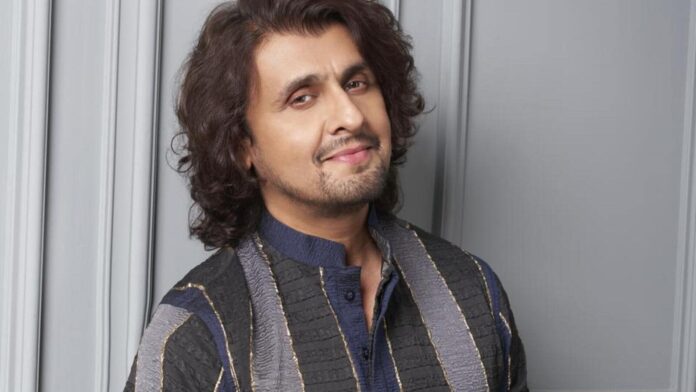The Bombay high court on July 11 granted interim relief to singer Sonu Nigam against the unauthorised use of his name and its alleged commercial exploitation on social media. On the singer’s plea to restrain a social media user from passing off as him, the HC limited the relief sought, only to restrain the man, a resident of Bihar, from using Sonu Nigam as display or account name on social media platforms.
The court said that even a celebrity is entitled to protect his privacy and prevent posts on social media, which violate such a right.
In an interim order, the high court observed that a person named Sonu Nigam Singh using ‘Sonu Nigam’ as his display name on his social media account was causing misrepresentation, and it amounted to the tort of passing off and was liable to be restrained. “I am of the view that the unauthorised use and/or commercial exploitation of (Sonu Nigam’s) name by Sonu Nigam Singh have not only associated the name and persona with ignoble acts but have also severely damaged Sonu Nigam’s,” Justice Riyaz Chagla said in the order. Sonu’s right to privacy, which includes a right to be left alone, is protected by Article 21 of the Constitution of India, Justice Chagla added.
Sonu Nigam filed an infringement suit under the Intellectual Property law and sought ex parte relief (without notice to the defendants) to protect his personality rights — his own name, image, photograph, likeness and persona against misrepresentation, misuse of all hues as well as unauthorised and unlicensed commercial exploitation online as well as an act of misrepresentation to others, a civil wrong of ‘passing off’.
The singer said that he learnt in June 2024 of a profile created by a person called Sonu Nigam Singh from Bihar, on social media using only ‘Sonu Nigam’, which had more than 92,000 followers including prominent national leaders “possibly under the misconception” of it being his account. Sonu’s suit cites certain posts which were controversial, causing him (singer Sonu Nigam) to receive public backlash. It added that the name ‘Sonu Nigam’ had acquired immense goodwill and reputation and was thus entitled to the protection of his distinctive name. Justice Chagla observed the well-settled principle and said, “While every citizen has a right to freedom of speech and expression…, it is not an unbridled or unfettered right.”





























